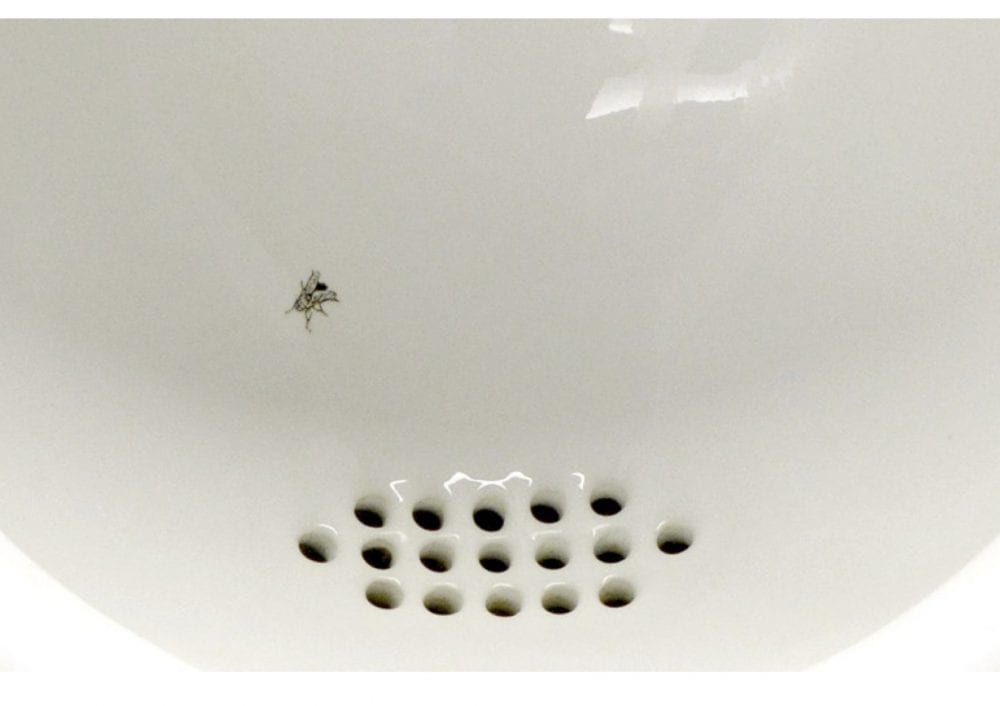A Nudge is as Good as a Wink

You may have seen that Professor Richard Thaler recently won the Nobel prize for economics. Sometimes the winners of these prizes can occupy worlds which seem far removed from our own, and their theories seem to be relevant only for academia.
This one is different, and I’d like to point out how Prof Thaler’s work can help you in your negotiations. Negotiation is in large part a study in human behaviour, and Thaler’s book ‘Nudge’ is as much about behavioural science as it is about economics as far as I am concerned (or perhaps more accurately how this aspect of human behaviour can be applied to economics).
If you think you haven’t come across ‘nudge theory’, the reality is that you have – you just may not have realised it or have not given it that name. It has become so accepted that the UK government in 2010 set up a ‘Nudge Unit’, or as they officially called it, the ‘Behavioural Insights Team’.
Nudge theory is applied if you want to change often large groups of people’s behaviour without necessarily engaging them in a detailed rationale as to why. People often don’t make rational decisions – they choose what is easier rather than what makes sense. This is one of the reasons why people will eat food that they know is bad for them but is more convenient. Once education has gone as far as it can (so the theory goes), keeping on that track will be counter productive, so simply making it easier for people to choose the healthier options can have more dramatic effects. This could be as simple as placing the healthy option in key positions in stores: at eye level; near the till etc.
Another often quoted example which Thaler likes to refer to was when at Schiphol airport they realised that cleaning the floor around the urinals in the gents’ toilet was a time consuming and therefore expensive activity. Let’s face it, it would be a lot easier if men just aimed a bit more carefully. But imagine trying to educate the 50% of the population who tend to prefer an easy life that they need to think about the cleaners and the time and the cost etc! If that was going to work then it would be happening already.
The solution? They placed an image of a fly in the middle of the urinal to give us simple men something to aim at. Simple, effective and brilliant.
One of the other aspects of Nudge Theory which applies really well to your negotiation is what is at play in a tactic which we at bridge][ability refer to as ‘Keeping up with the Joneses’. This deals with people’s unconscious desire to adhere to social norms. We like to think of ourselves at non-conforming individuals, but the science suggests the opposite. If ‘everyone else is doing it’, then we are encouraged to do the same, whatever that thing may be. So use this in your negotiations. Remind them that everyone else in the market is on board. Indirectly question why they are not – have they misjudged the market? (but don’t insult their judgement!).
Closely linked to this, and also part of Nudge Theory is people’s fear of missing out (FOMO). This loss aversion as it is known is very strong. People don’t like to think that they are going to miss out on an offer – as long as they believe that it is a real one, and that it will come to an end. This is especially true if they think that others are getting it, therefore linking to the tactic above.
The fact is that if you try to convince them that what you are proposing is ‘right’ or ‘better’ they are unlikely to agree, and more likely to reinforce their own behaviour. So think about how you can make it easy for them to agree with what you want them to do, rather than trying to talk them into it.